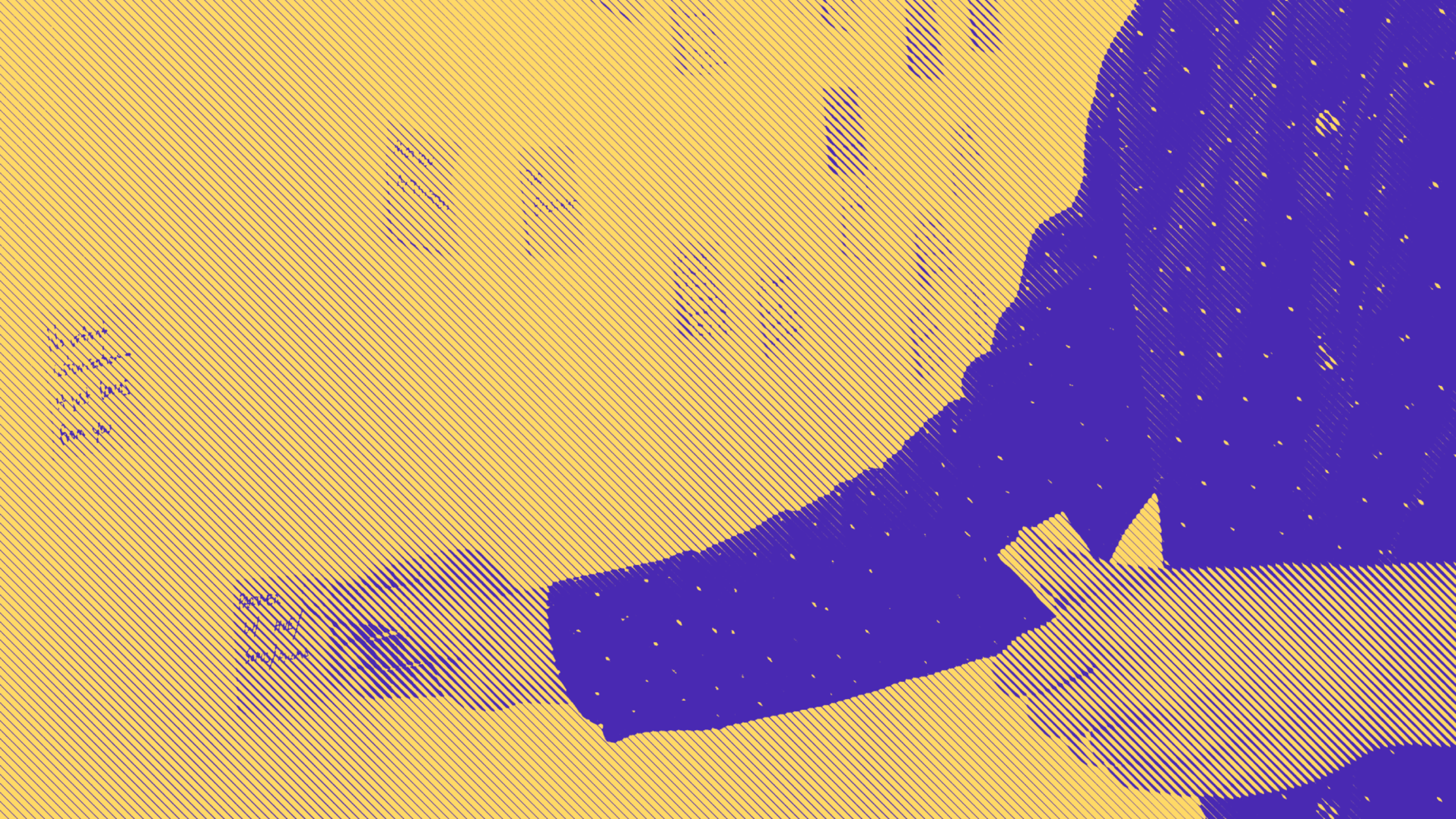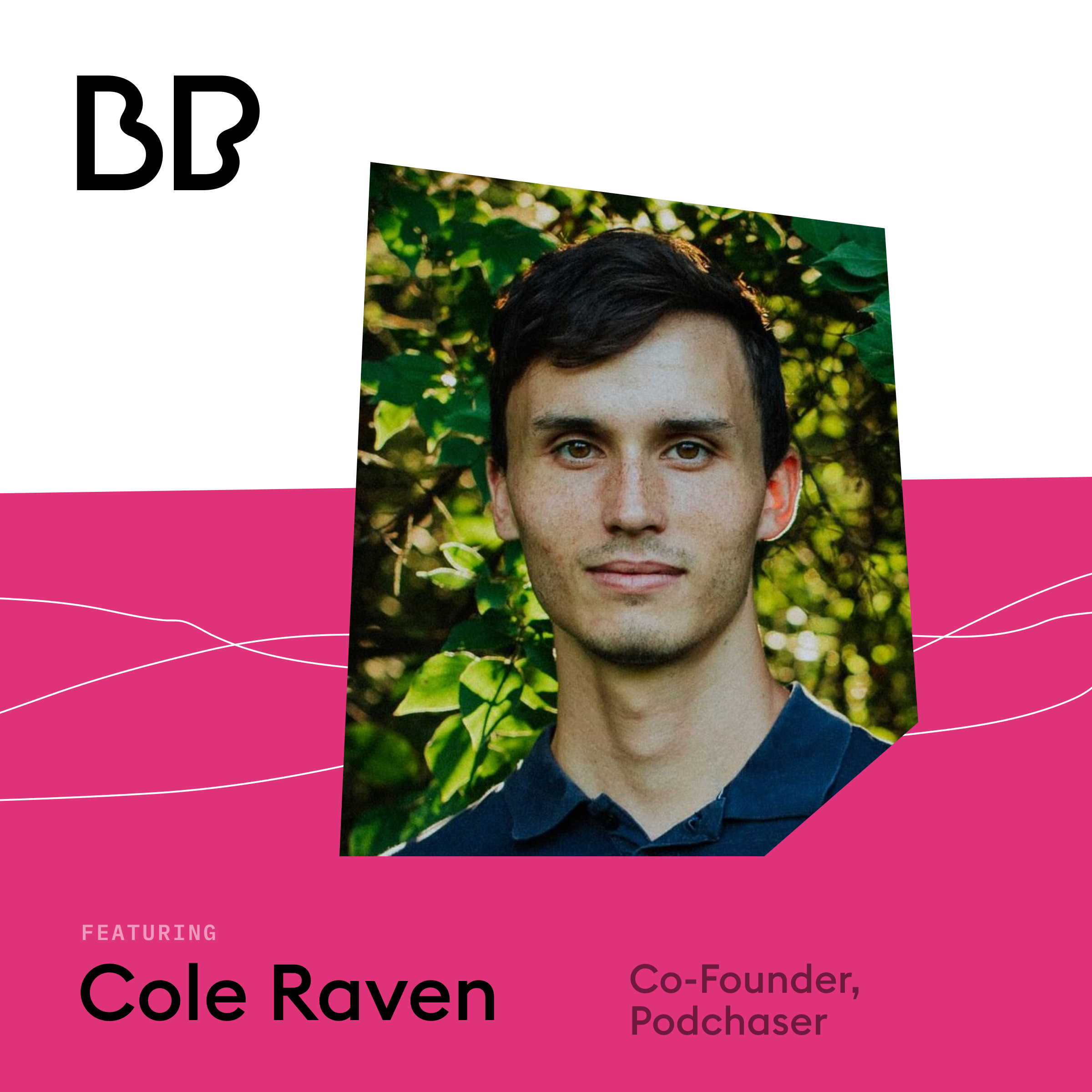How to Define the First Version of Your Digital Product


In this episode of Better Product LAUNCH, Christian and Anna sit down with the Co-founder of Podchaser, Cole Raven. Podchaser is a user-generated online database for podcasts with features for discovery, ratings, reviews, creator credits, playlists, and more.
Cole’s journey with Podchaser is unique because the platform didn’t start as a business idea. He and his co-founders saw a need for data in the podcast industry and began building what has become the IMDB of the podcast world. As Cole shares his story, you’ll hear how he’s tackled the challenges of a pre-revenue product and explored new ways to leverage Podchaser’s unique position in the industry.